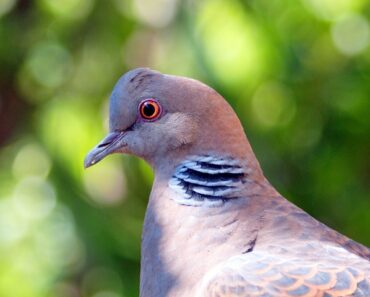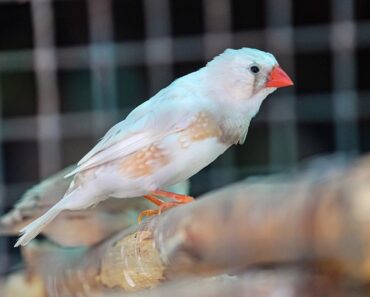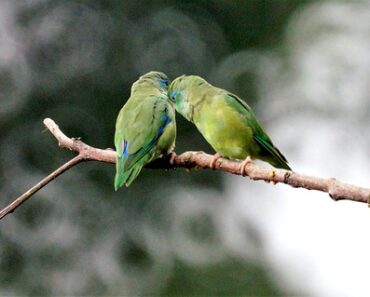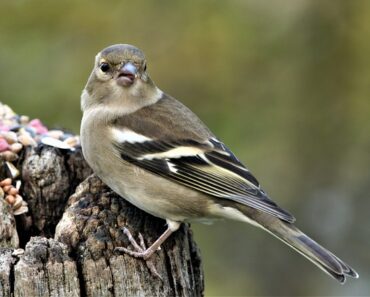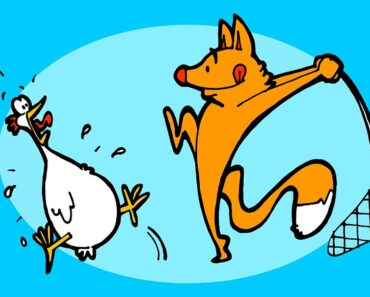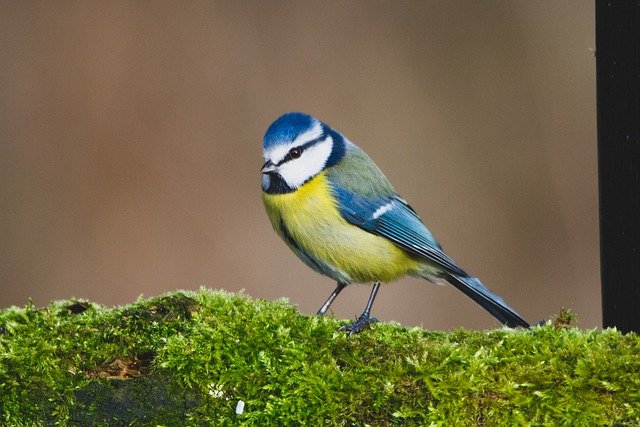
From the playful little mandarin to the loquacious large parrot, domestic birds have the wind in their sails, but their dietary needs require a certain rigor. We give you some practical advice on how to succeed in this dietary challenge and contribute to the well-being of your fine-billed bird!
Each species has different and varied dietary needs. It is therefore essential to know the species of bird and its geographical origin in order to determine an adapted nutritional program.
Tip n°1: the shape of the beak, gives you signs on its food!
Indeed, by observing the shape of your bird’s beak, you will be able to determine its food dominance (insectivorous granivore, frugivore…):
- Long and snubbed beaks will be more greedy in nectars, rich in sugar.
- Fine beaks will prefer insects
- Straight, conical and powerful beaks will be typical of granivores that peck. Hooked beaks will be fruit bites.
Nevertheless, a variety of foods is essential.
Tip n°2: to each food its nutritional contribution!
In the wild, your bird had a wide variety of grains, seeds, but also fruit, berries, oatmeal, wheat, greenery … which met its nutritional needs. Today, its food is mainly composed of seeds. Thus, to avoid deficiencies, it is necessary to try to reproduce its wild life conditions, by choosing the right food:
- Vitamin-enriched treats for growth, energy and resistance to disease.
- Eggshells, oyster shells, or provide calcium, solidify the skeleton, and facilitate digestion.
- Fruits and vegetables (apples, salads…) containing vitamins, calcium and mineral salts to regulate and enrich the metabolism.
- Natural millet for proteins and carbohydrates, essential for the good health of the animal.
- Egg-enriched pate (proteins, minerals, vitamins…) to be given to the female during the breeding, brooding and rearing periods.
However, meals must be balanced.
Tip 3: Varied menus!
An inappropriate diet will cause many illnesses that are very harmful to the micro-organism of your feathered friend.
Thus, it is preferable to diversify punctually “the food seeds” by sweets for example. In addition to the playful aspect, your bird will fill up with vitamins.
Provide your bird with daily pickling fruit and vegetables and refreshing water.
Or you can do away with “fat” seeds (e.g. carnation, shuttle, hemp seed) in favour of canary grass, millet, oatmeal and opt for one “diet day” a week. Your bird will thus avoid the accumulation of fat and will be able to walk around lightly in its cage.
Tip #4: Watch the proportions!
Finally, be sure to give the right proportions according to the weight and species of bird you own. For example, a canary of about 20-25g will only consume between 4 to 8g of seeds per day, contrary to the large parrot (850g on average) which will consume 85g, that is to say the triple (ask your veterinarian for advice and details).
With all these advices, your bird will eat healthy and balanced to keep the peach!


